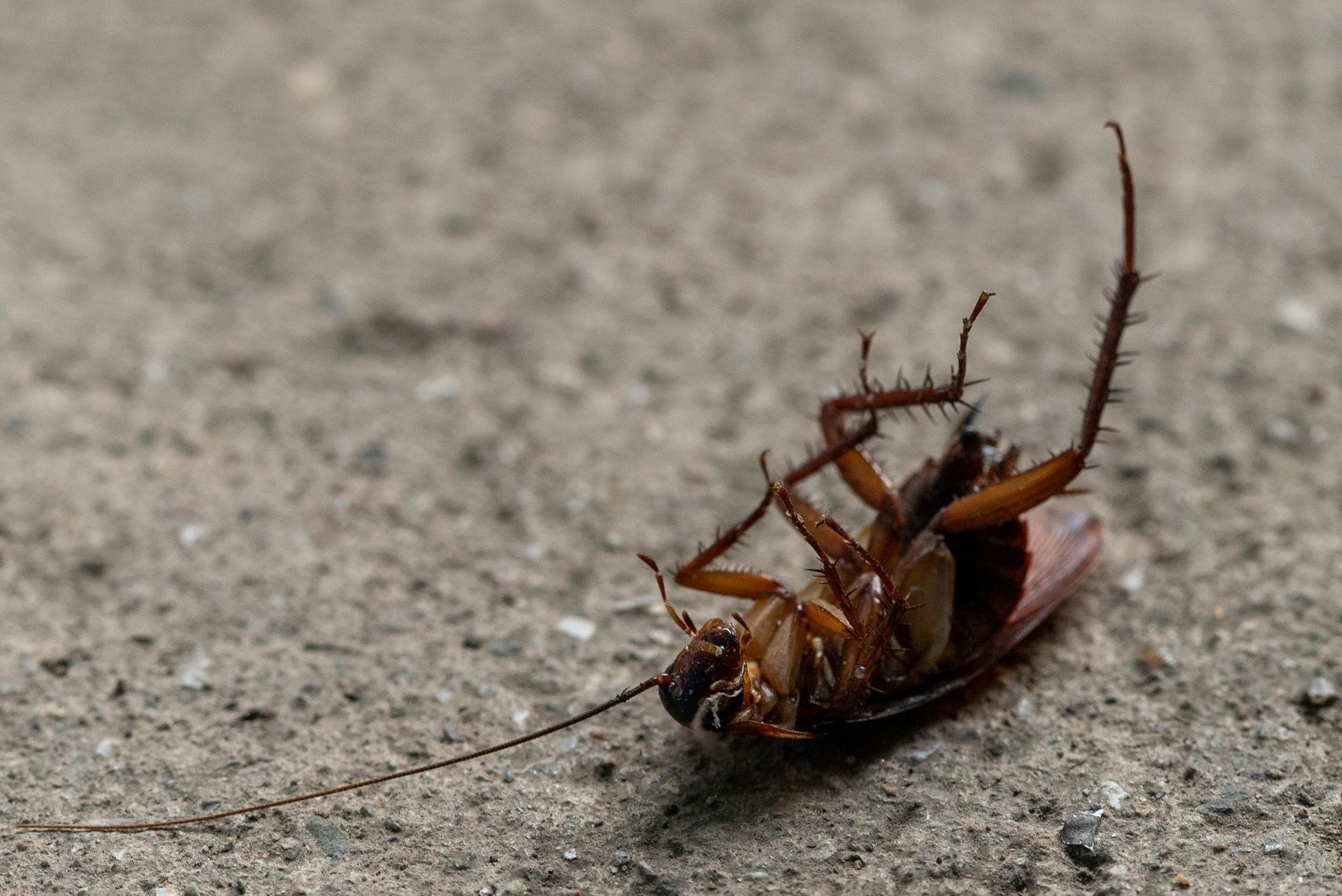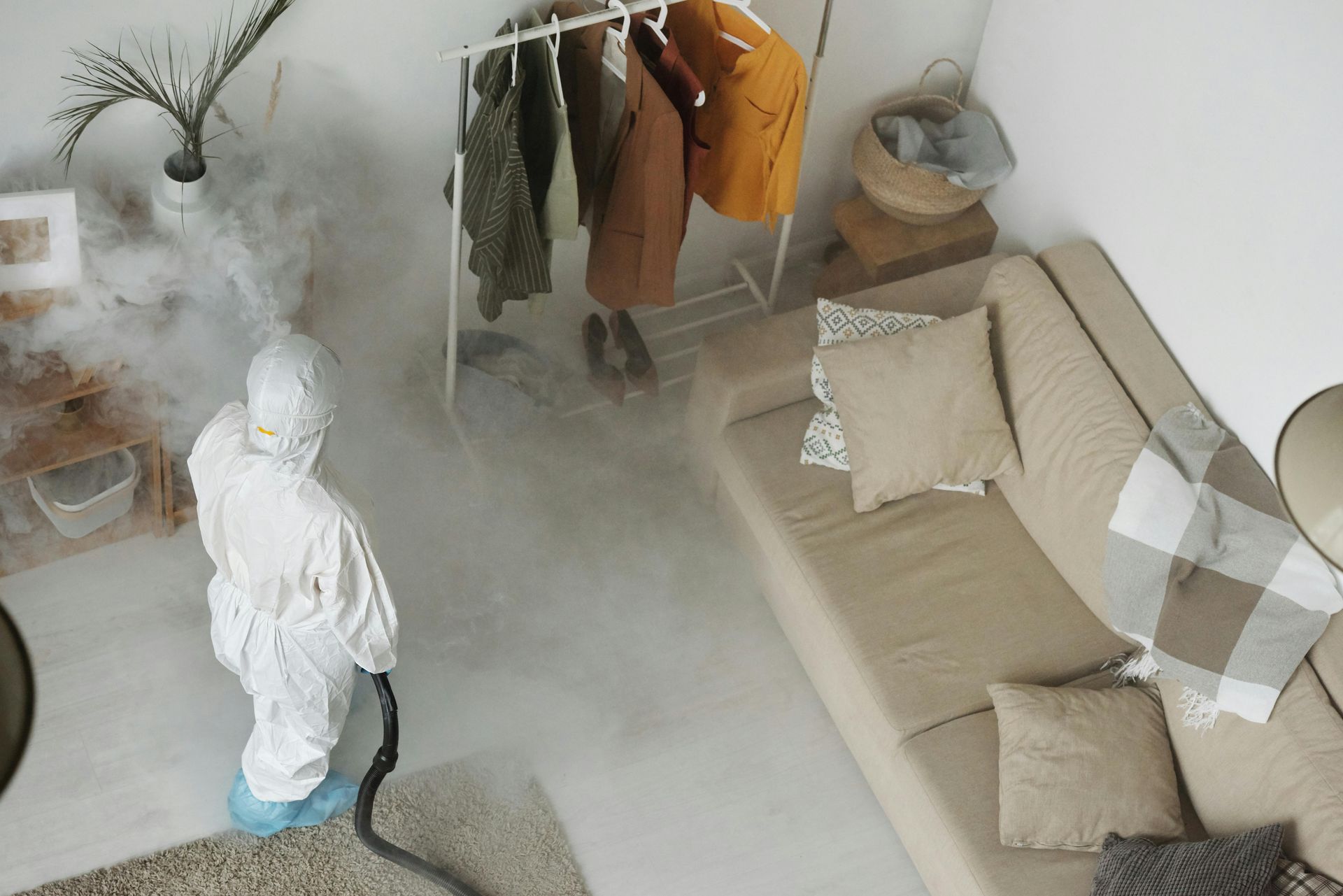Pest and Termite Control for New Homeowners: What You Need to Know
So you’ve just bought your dream home. You’ve unpacked, you’ve painted, you’ve figured out where to put the TV… and then one day, you spot something small crawling along your baseboard. Or worse, you hear a weird hollow sound when you knock on a wall. Welcome to homeownership — and your introduction to the real-world importance of pest and termite control.
Nobody likes thinking about bugs chewing through their walls or setting up shop in the attic, but bug termite and pest control is one of the most crucial steps new homeowners can take to protect their investment and sanity. In this guide, we’ll walk you through everything you need to know as a new homeowner — from the basics of prevention to what to expect during professional inspections.
Grab a cup of coffee and let’s talk about the creatures that might already be eyeing your house like it's an all-you-can-eat buffet.
Why Pest and Termite Control Is a Must for New Homeowners
When you're buying a home, you think about square footage, school zones, and whether the dishwasher works. But not many people ask, "Has anyone checked for termites?" They should. Termites and other pests can cause thousands of dollars in damage and completely undermine the structural integrity of your home.
Here’s why you need termite pest control on your radar from the start:
- Termites work silently: They can chew through wood undetected for years. By the time you see the signs, they’ve already done major damage.
- Other pests love new homes too: Cockroaches, ants, mice, and spiders are excellent at inviting themselves over. They don’t care if you just moved in.
- Prevention is always cheaper than repairs: Treating your home early for bugs can save you major money on repairs down the line.
- New doesn’t always mean pest-free: Even a newly built home can have pest issues. Construction sites attract pests, and brand-new homes can still have moisture issues that make them appealing to invaders.
Think of pest control like homeowner insurance for things that crawl. You might not need it right away, but you’ll be glad you have it.
Signs That You May Already Have Unwanted Guests
New home, fresh paint, great lighting — and then there’s that suspicious pile of sawdust by the wall. Learning how to spot early signs of infestation is a big part of staying ahead of serious problems.
Keep an eye out for these red flags:
- Tiny wings near windows: Discarded termite wings are a classic sign of a colony moving in.
- Mud tubes along the foundation: Termites use these to travel and keep moisture with them.
- Droppings or “frass”: Termites and some ants leave tiny pellets of waste.
- Gnawed wood or hollow-sounding beams: Wood that sounds empty when tapped could mean termite damage.
- Pest sightings during the day: Cockroaches are nocturnal, so seeing one during daylight could mean a bigger problem.
- Strange smells: Infestations often come with musty or oily odors.
If any of these signs ring a bell, it’s time to bring in the pros for
pest and termite control before it gets worse.
What’s the Difference Between Termites and Other Pests?
All pests are annoying, but not all are created equal. Termites bring a very specific type of destruction that sets them apart.
Here’s how termites differ from your average bug:
- They eat your house: Literally. Termites feed on cellulose, which is found in wood, drywall, and even paper.
- They operate quietly and underground: Most pests walk around like they own the place. Termites stay hidden while they cause damage.
- They work 24/7: Termites don’t sleep. They eat around the clock.
- They form massive colonies: Some colonies can number in the millions. Yes, millions.
That’s why
termite pest control requires specialized treatment beyond typical bug sprays or traps.
The Basics of Prevention: How to Protect Your New Home
The good news? You can avoid a lot of pest problems with some proactive steps. Think of it as setting boundaries — with bugs.
Simple ways to prevent infestations:
- Seal cracks and entry points: Bugs are basically tiny burglars. Caulk gaps, seal windows, and fix screens.
- Control moisture: Termites and other pests love damp areas. Fix leaks, use dehumidifiers, and make sure gutters drain away from the house.
- Keep landscaping tidy: Overgrown bushes or mulch too close to the house can attract pests.
- Store food properly: This includes pet food. Keep everything sealed and clean.
- Schedule annual inspections: Professional
bug termite and pest control experts can catch issues early and provide preventative treatments.
It’s like brushing your teeth. Do it consistently and you prevent bigger problems later.
Contact Eyring Pest Control for Expert Service in West Jordan, UT
Say Goodbye to Uninvited Guests — We’ll Handle the Rest
Whether you’re a first-time homeowner or you’ve just moved into your forever home, don’t let pests ruin your peace of mind. At Eyring Pest Control, we specialize in comprehensive bug termite and pest control solutions that keep your home protected and pest-free year-round.
Serving West Jordan, Utah, and the surrounding areas, our experienced team offers targeted treatments for termites, general pests, and other creepy crawlers. We also provide preventative maintenance programs to stop problems before they start. Call us today at 385-290-9782 to schedule your inspection and get expert help from people who treat your home like their own.
FAQs
How often should I get my home inspected for pests?
We recommend once a year for general pest inspections and every two to three years for termite-specific inspections.
What are the most common pests in Utah homes?
Common pests include ants, spiders, wasps, cockroaches, termites, and rodents.
Can I stay in my house during treatment?
In most cases, yes. Many modern treatments are safe for people and pets. Your technician will let you know if any special precautions are needed.
Is pest control safe for pets and kids?
Absolutely. Our treatments are applied with care and use products that are safe when used properly.
What if pests come back after treatment?
We stand behind our work. If you’re enrolled in a maintenance program and pests return, we come back at no additional cost.




